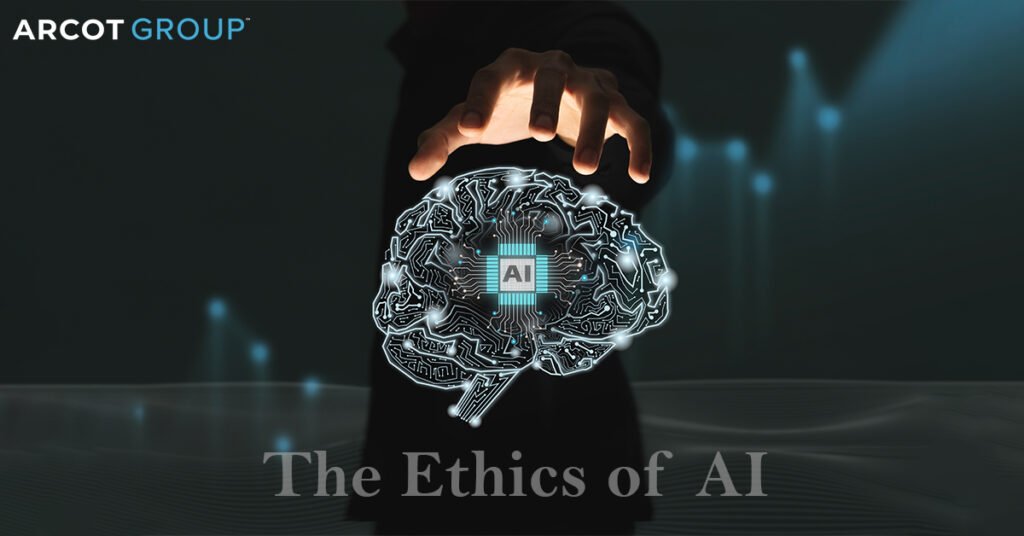Introduction:
AI technology has revolutionized numerous industries, offering unprecedented opportunities and advancements. However, along with these benefits, ethical concerns surrounding AI have emerged. As AI becomes more pervasive, it is crucial to address issues related to bias, privacy, and algorithmic transparency. In this blog post, we will delve into the ethics of AI, exploring the challenges and strategies for navigating these critical issues. Discover how organizations can ensure responsible and trustworthy AI implementation while maximizing the benefits of this transformative technology.
1. Understanding AI Bias and its Implications:
AI systems are prone to bias, reflecting societal biases embedded in the data used for training. Explore the types and impacts of bias in AI and the importance of addressing this issue to ensure fair and equitable outcomes. Learn strategies to mitigate bias and promote algorithmic fairness in AI systems.
2. Safeguarding Privacy in the Age of AI:
AI relies on vast amounts of data, raising concerns about privacy and data protection. Explore the ethical considerations surrounding data collection, usage, and storage in AI applications. Discover privacy-enhancing techniques and regulations that can safeguard individuals’ privacy while harnessing the power of AI.
3. Promoting Algorithmic Transparency and Explainability:
As AI systems make decisions that impact people’s lives, the need for transparency and explainability becomes paramount. Examine the challenges of algorithmic transparency and the importance of understanding how AI arrives at its decisions. Discover techniques and frameworks to promote transparency and accountability in AI algorithms.
4. Ensuring Ethical AI Design and Development:
Ethical AI requires a proactive approach to design and development. Explore ethical frameworks and guidelines that organizations can adopt to ensure ethical practices throughout the AI lifecycle. Learn about the importance of multidisciplinary teams and diverse perspectives in addressing ethical challenges.
5. The Role of Regulation and Policy in AI Ethics:
Regulation and policy play a vital role in shaping the ethical landscape of AI. Explore existing and emerging regulations and policy initiatives focused on AI ethics. Understand the implications of regulatory frameworks and the importance of proactive engagement in shaping responsible AI practices.
6. Fostering a Culture of Ethical AI:
Building a culture of ethical AI is essential for organizations. Explore strategies for promoting ethical behavior and decision-making around AI. Learn how to integrate ethical considerations into AI governance, training programs, and organizational values.
Conclusion:
As AI continues to evolve and shape our world, addressing the ethics of AI is crucial for its responsible and trustworthy implementation. By tackling bias, safeguarding privacy, and promoting algorithmic transparency, organizations can navigate the ethical challenges associated with AI. Embrace ethical AI practices to ensure fairness, accountability, and societal benefit while harnessing the transformative power of this technology.




